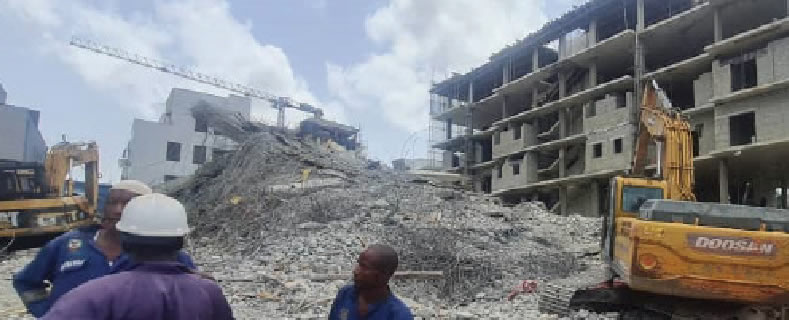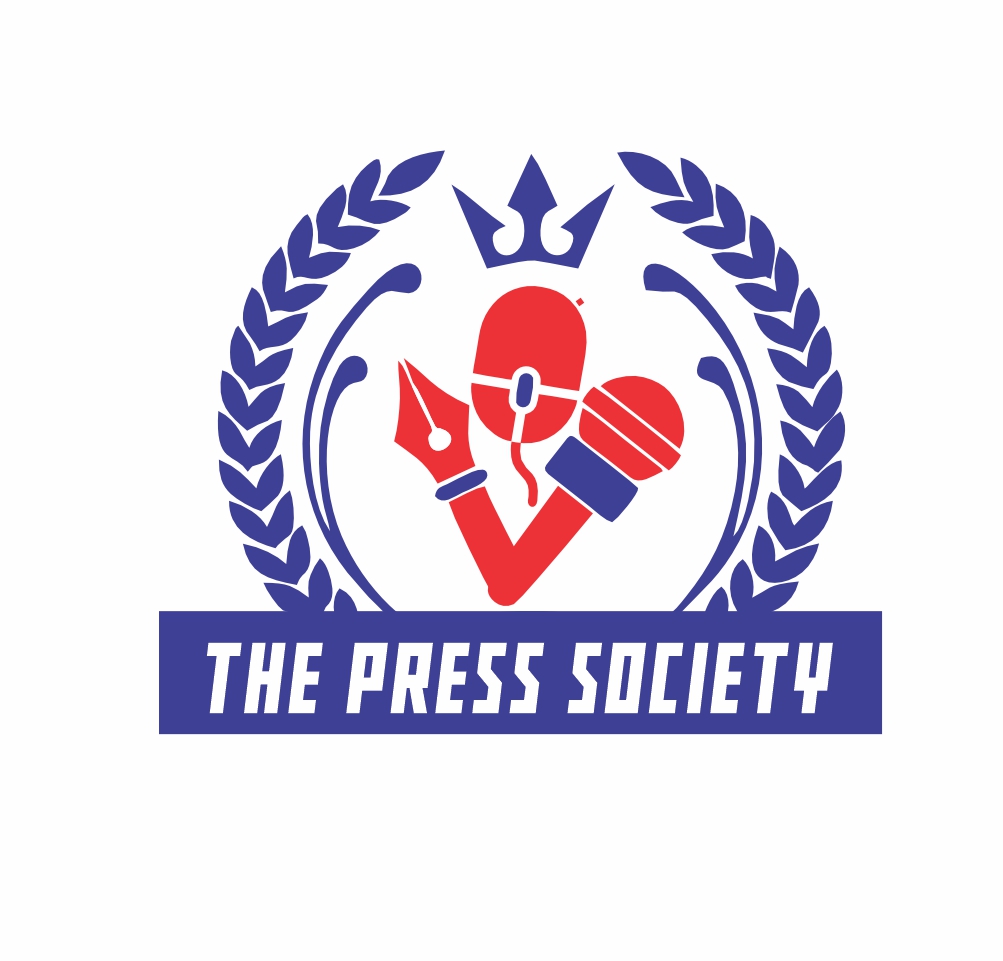 Russia has officially unveiled its mRNA-based vaccine for cancer, which is set to be distributed free of charge to patients beginning in early 2025, according to reports from state news agency TASS.
Russia has officially unveiled its mRNA-based vaccine for cancer, which is set to be distributed free of charge to patients beginning in early 2025, according to reports from state news agency TASS.
The vaccine, developed by the Gamaleya National Research Center, has demonstrated promising results in pre-clinical trials, showing the potential to inhibit tumor growth and prevent the spread of cancer. This marks a significant advancement in the global fight against cancer, particularly given the growing emphasis on personalized medicine and innovative treatment approaches.
One of the key features of this breakthrough is the application of artificial intelligence (AI) to accelerate the vaccine’s development. AI has played a critical role in tailoring the vaccine to target specific types of cancer more precisely, potentially reducing production time to under an hour, thus making personalized treatment more accessible and efficient.
President Vladimir Putin had hinted earlier this year about significant progress in cancer vaccine research, emphasizing Russia’s commitment to healthcare innovation and ensuring that cutting-edge treatments are made available to its population.
The mRNA cancer vaccine represents a major milestone in cancer immunotherapy, offering hope to millions of patients globally. If the vaccine continues to show efficacy in further clinical trials and real-world applications, it could pave the way for broader adoption of mRNA-based therapies in oncology, improving patient outcomes and reducing the burden of cancer on healthcare systems.





